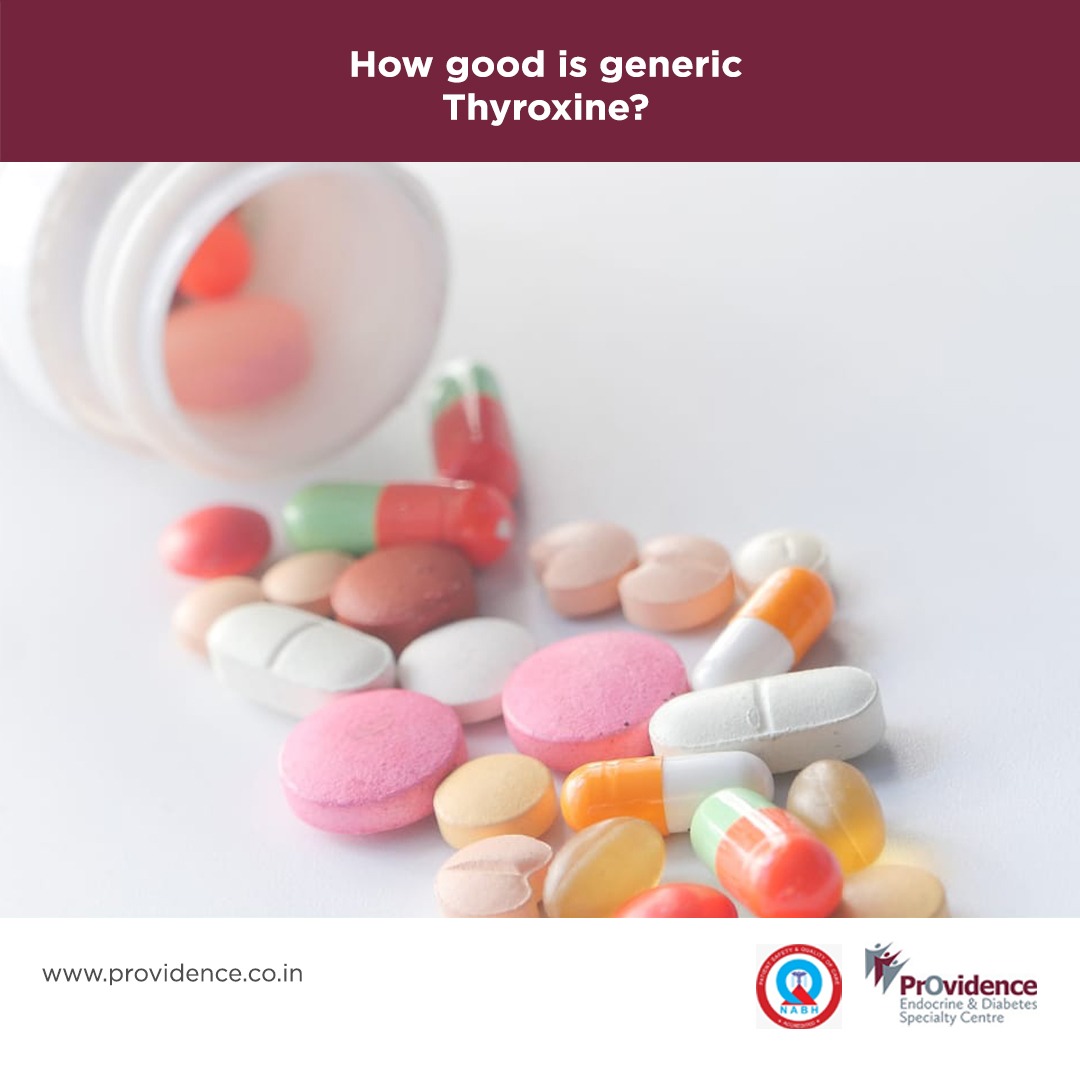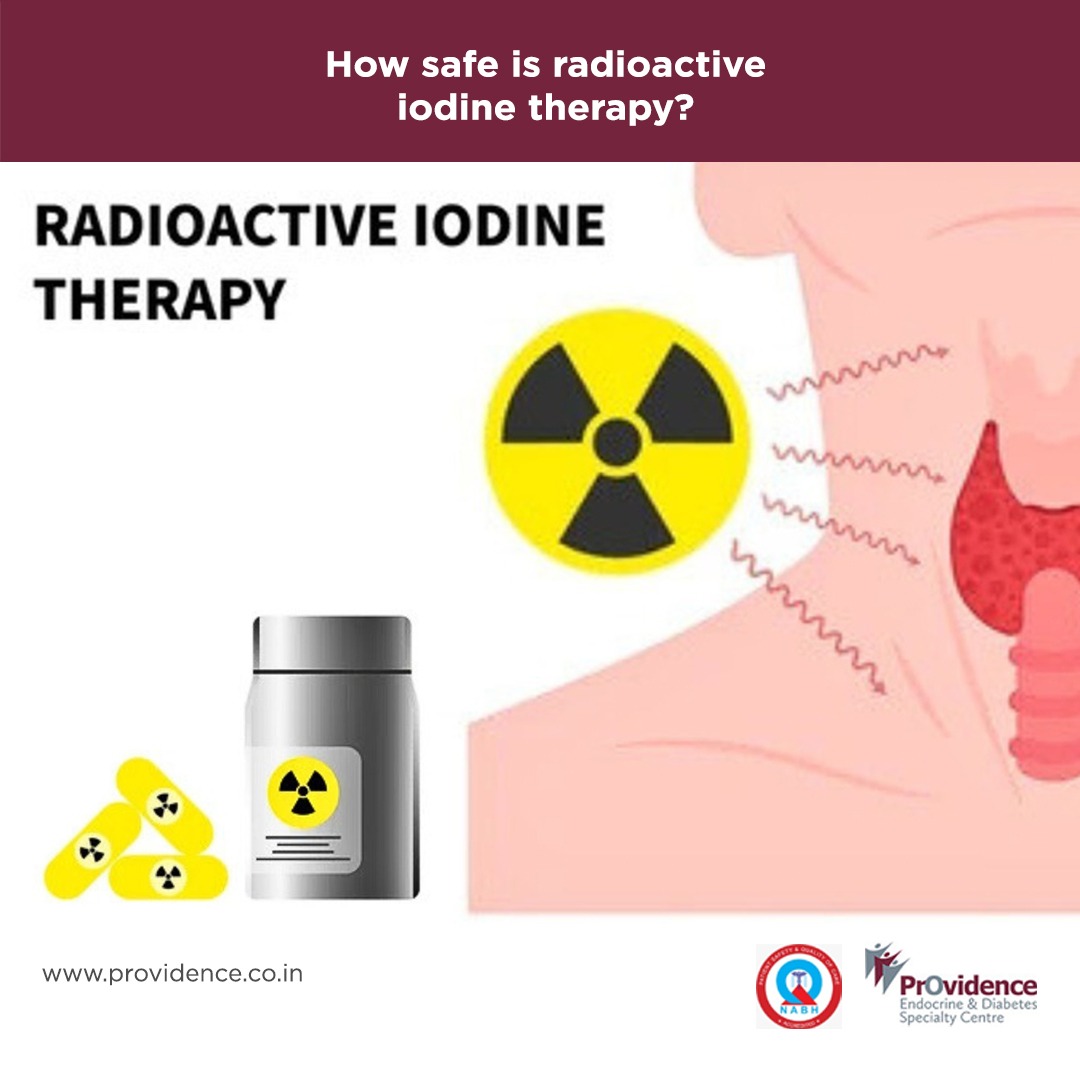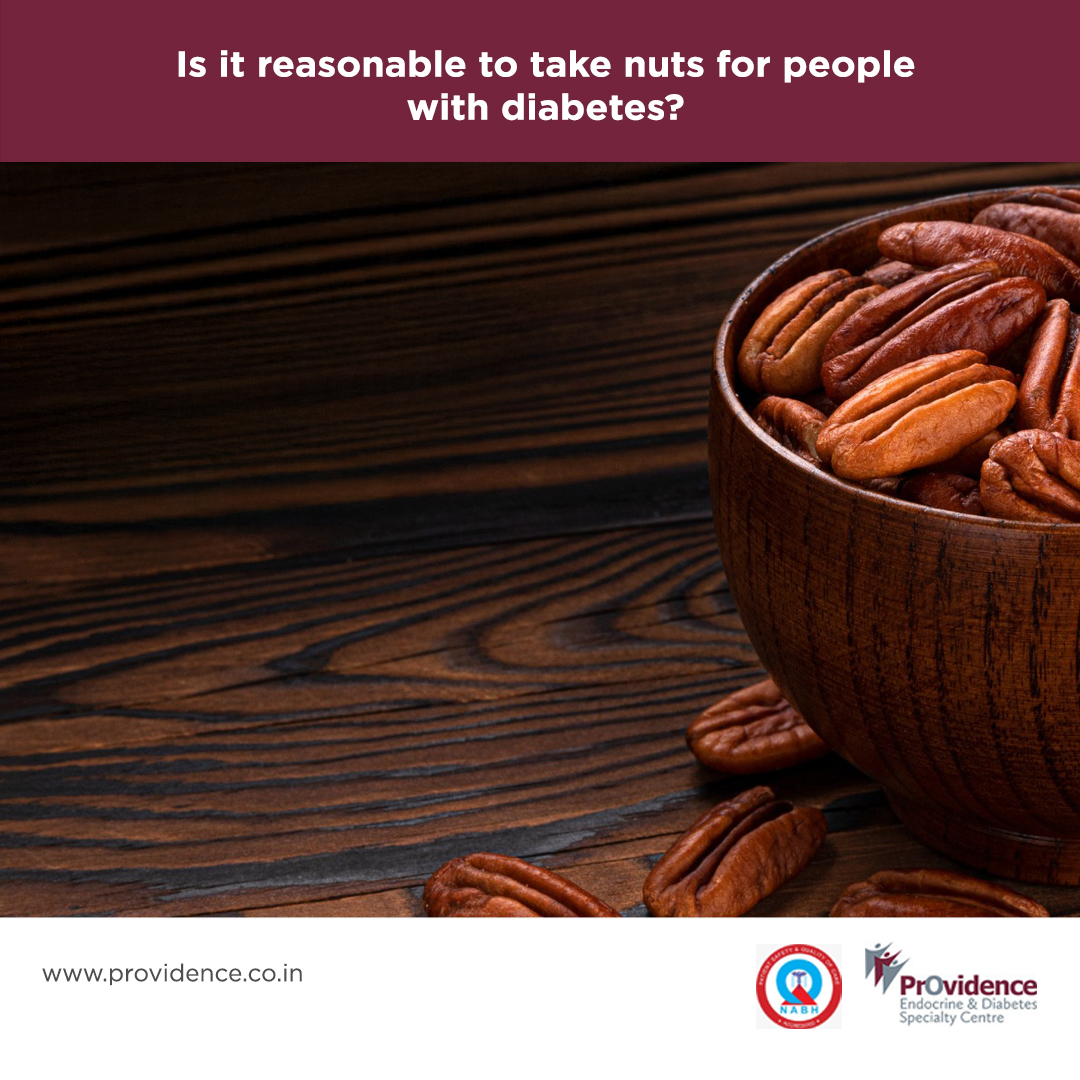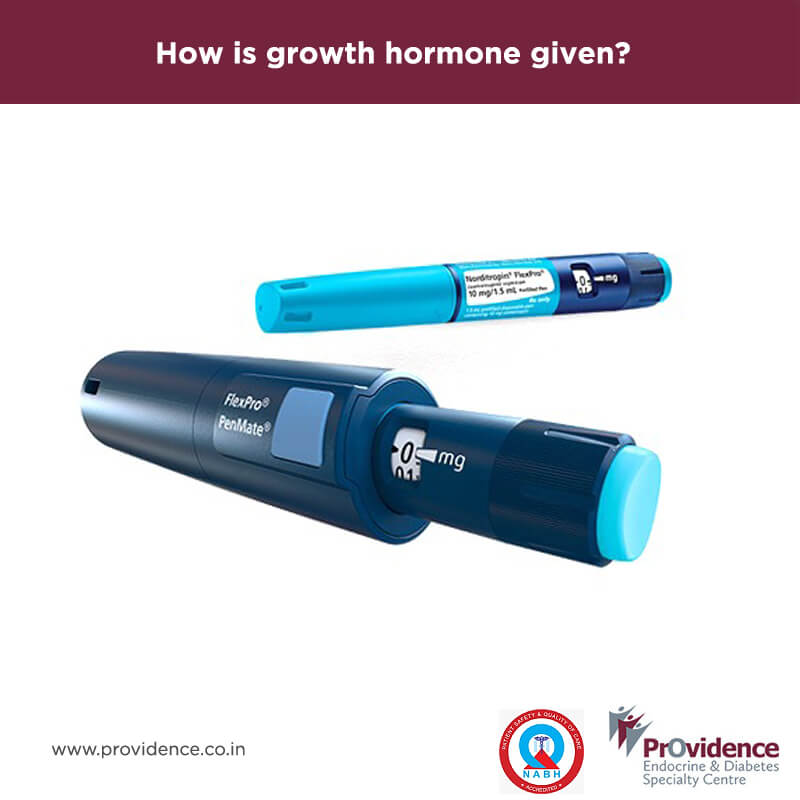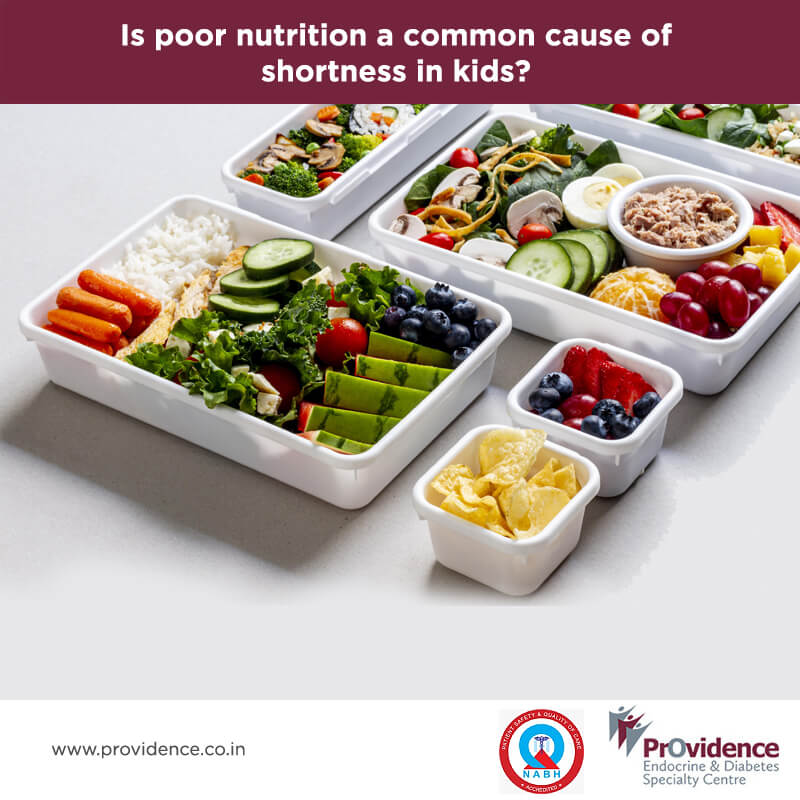Generic thyroxine contains the same active ingredient (levothyroxine sodium) as brand-name products. It is approved by health authorities (like the FDA or DGCI) to be as safe and effective as the brand-name version. Studies indicate that generic levothyroxine performs similarly to brand-name versions for most individuals. Inactive ingredients (fillers, dyes) may vary between brands and generics. Occasionally, some individuals may react to these differences. The amount of active ingredient is tightly controlled, although very small variations can occur between different brands and generics. For most individuals, this is not significant.
It is advisable to use the same brand or generic manufacturer each time you refill your prescription. If your pharmacy changes brands or generics, inform your doctor. If you experience any new symptoms after a switch (such as tiredness, weight changes, palpitations), consult your doctor. You may require a thyroid blood test to check your hormone levels.
Generic thyroxine is a safe, effective, and affordable alternative to brand-name thyroxine. For most patients, it works just as well. The key to successful treatment is consistent use and regular monitoring of thyroid hormone levels.
If you have concerns about switching or notice any changes in your symptoms, always consult your healthcare provider. They can help adjust your dose or recommend the best option for you.
Mrs. Anila Nisha , D Pharm



